Dubiously funded, but World Cup host Sochi is anything but a white elephant
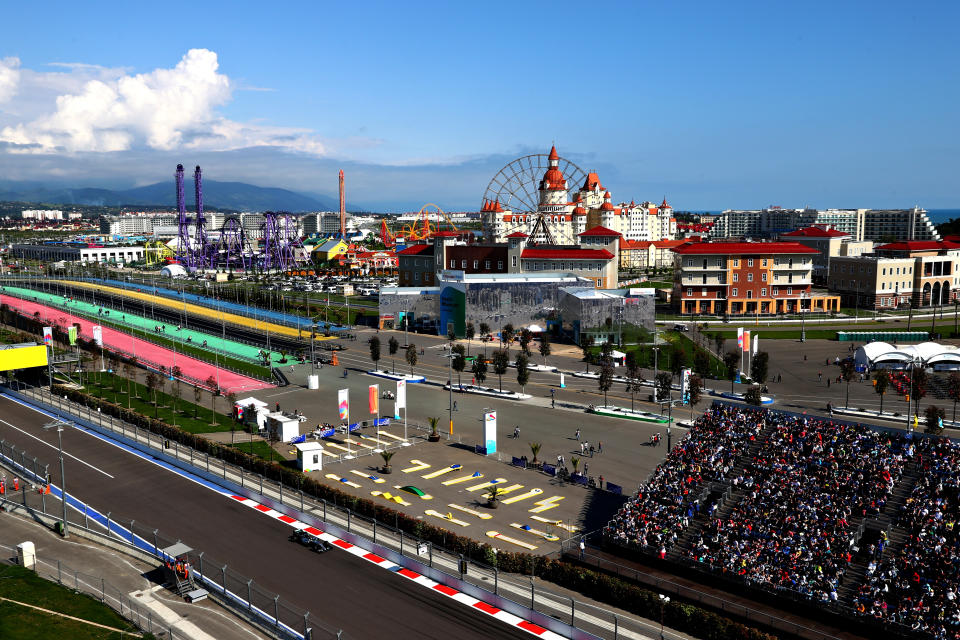
When you follow the money trail, at FIFA and other top organisations, you will often find corruption in some shape or form. The Olympics, too, has been dogged by allegations of wrongdoing.
Take that same, well-trodden route to examine the merits of Sochi Winter Olympics in 2014, and you won’t be disappointed. The most expensive Olympics, summer or winter, of all time, is shrouded in controversy – just how did they fund it?
Everything from the colossal Bolshoy Ice Dome, to the ridiculously overly-elaborate 20-storey train station, that only has five platforms, or the road that transported athletes and fans into the mountains that would have been “cheaper if paved with gold and caviar” – no expense, wherever it came from, was spared.
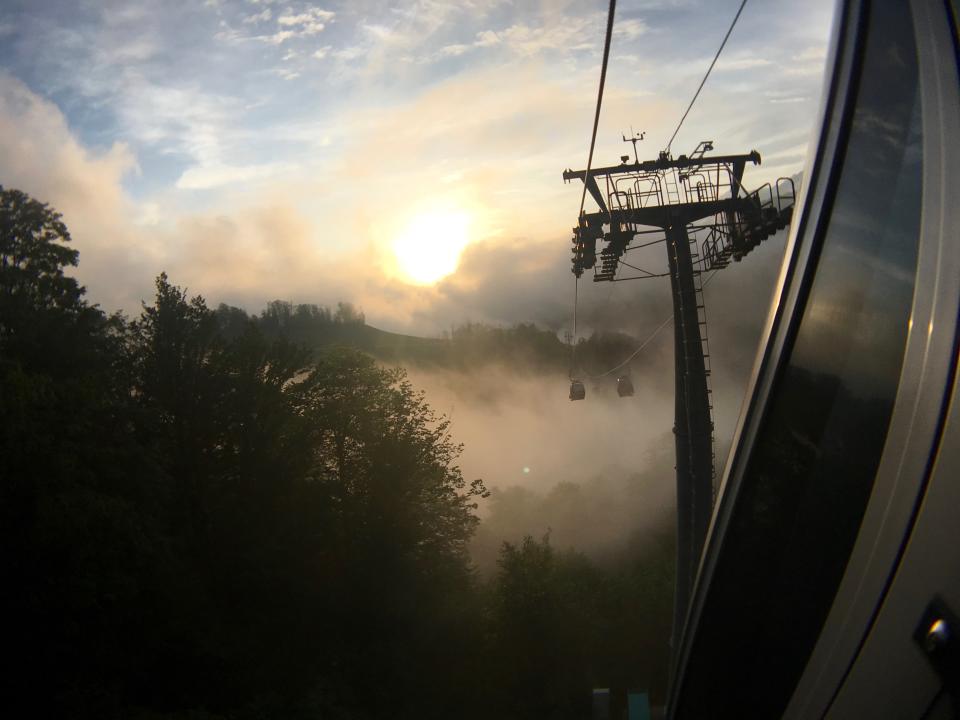
The man who made the allegation about the $6.8million road up to the Olympic Village – Krasnaya Polyana – Boris Nemtsov, was assassinated in 2015 so, not wanting to meet the same fate, we will leave the delving into how it was funded there.
However, one other negative accusation often banded out in the aftermath of any Olympics is that the place becomes a “white elephant” – empty stadiums and mountain resorts sat there, unused, but in Sochi, such claims are not entirely warranted.
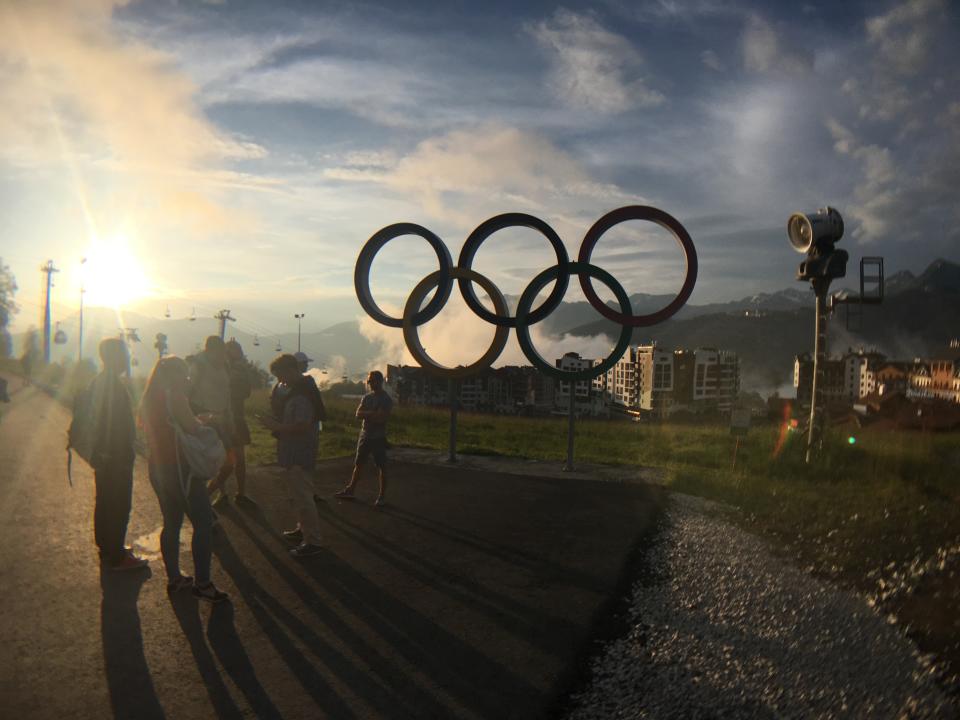
“Of course everything was built for the Olympics – doesn’t that happen everywhere?” Sochi Local Business Leader Omar Bayramov tells Yahoo Sport. “The arenas are still regularly used for training by various sportsmen and also for children’s camps for ice hockey, figure skating and football.
“There are regular concerts in the football stadium, and it has housed six matches during the World Cup, and was used in the Confederations Cup, too. That will have generated plenty of money. The funding mainly came from the state – multi billions of rubles – raised from taxing the increasing number of rich people in Russia – but nobody knows where it all came from.”
“Both Sochi and Adler (neighbouring Adler is part of Sochi city limits now) will still benefit after the World Cup as all the arenas will work year round. Rosa Khutor (resort which houses Olympic Village) provides both winter and summer, sea and beach, activities and sports.”
In fact, after a little digging, it turns out the Ice Hockey Dome was actually used for a match last month. The Formula One track – a yearly race now – has fitted in around it, which obviously brings a great deal of revenue to the area, too.
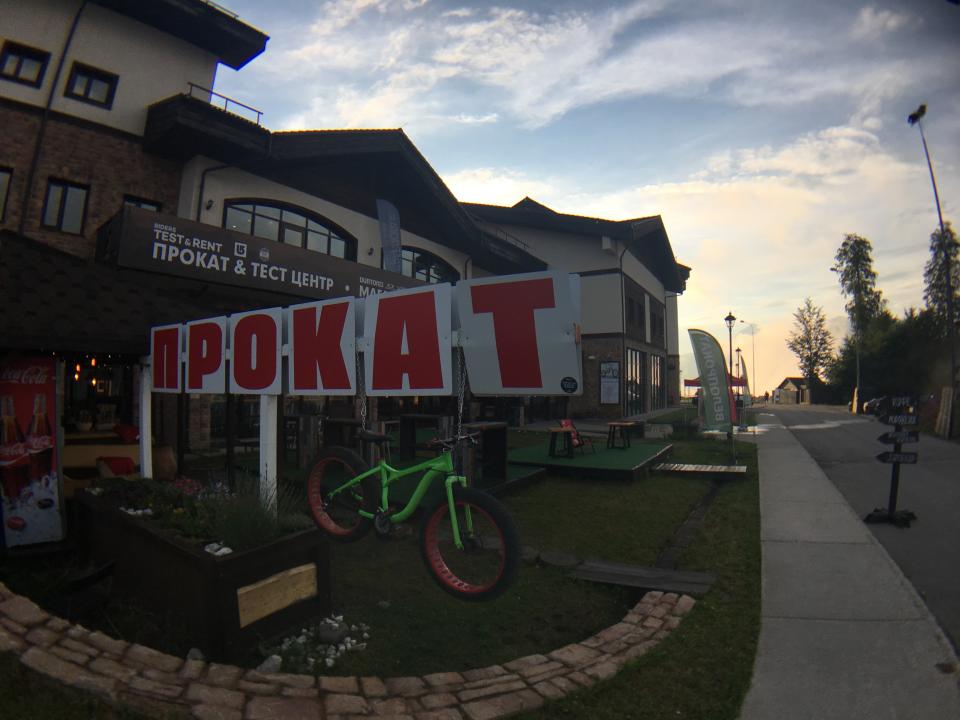
The football stadium is, outside of the World Cup, the least active. Even during the Olympics itself, it only hosted the opening and closing ceremonies – yes, this is the level of extravagance we are talking about, one brand new, spectacular stadium for two ceremonies.
However, after the World Cup, which has brought almost a quarter of a million ticketed fans to the Fisht Olympic Stadium, there are rumoured efforts to migrate a Saint Petersburg team – FC Dynamo Saint Petersburg- to Sochi, as Sochi no longer has a club team. Of course, this is would be a highly controversial and risk-ladened move – this is Russia after all – but at least they are trying something.
The real money, though, was spent up in the Caucus mountains, one hour’s drive from Sochi at Krasnaya Polyana.
“Krasnaya Polyana highway was an expensive road but provided access,” Bayramov continues.
“Before this road there was only one access route which was incredibly congested. They have also improved the old road, but this didn’t happen without construction issues.”
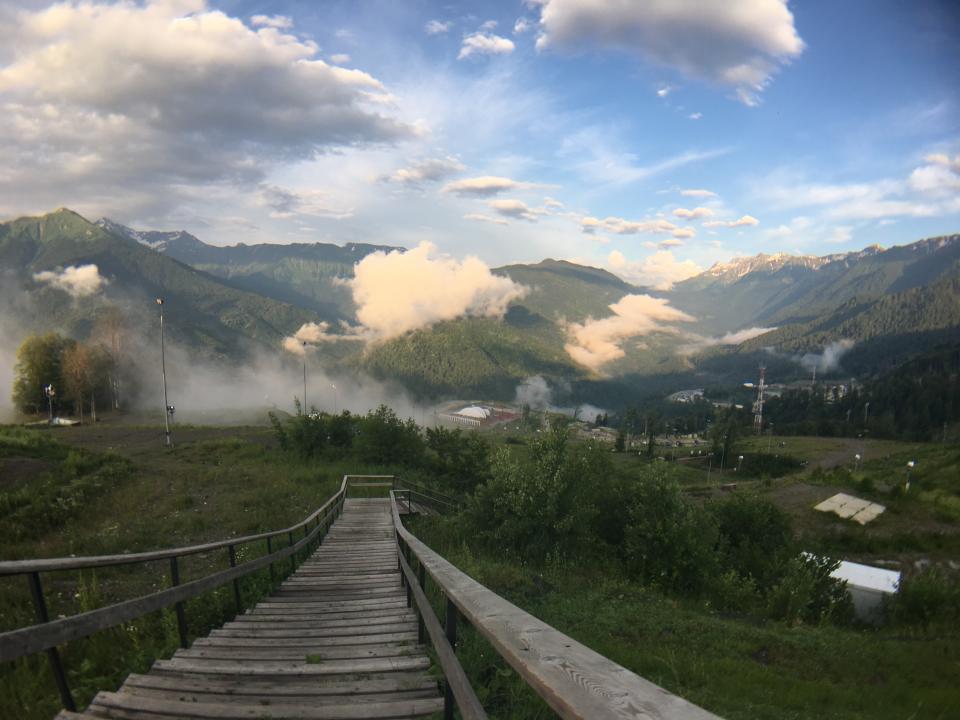
Those “issues” refer to the terrain, as it is ostensibly clear immediately upon joining the highway why it was so costly. The 28-mile road is basically two – one for each direction – bridges from the base of the mountain all the way up. They were not cheaply laid either, with regular, elaborate suspension sections, just for aesthetics.
The road was very quiet when we ventured up, but it was the height of summer, with a World Cup going on below. Then, upon arrival at the end of the road – Rosa Khutor – we encountered anything but a lifeless scene.
There were plenty of articles in the immediate aftermath of the Sochi Olympics about whole neighbourhoods, state-of-the-art shopping malls and five-star hotels sitting unused, and that may have been the case four years ago – but not any more.
Genuinely sleep better on overnight trains than in an actual bed. Very excited for this
— Peter Hall (@PeteHall86) July 4, 2018
Russia, as a nation, has been getting richer and richer. It is now 27 years since the collapse of the Soviet Union, and after initial problems that were always going to come with the introduction of capitalism – widespread corruption, greed and scandal – the wealth, while still concentrated at the top of society, as is the case in any capitalist country, is starting to become more widespread.
In essence, the rich are getting richer, as they always do, but there are more of them, meaning more can afford short breaks to nice resorts in the mountains – like Rosa Khutor.
Sochi and neighbouring Adler, on the Black Sea coast, are where Russia has always come to holiday. Joseph Stalin, like many Soviet leaders, had a house there, but now, some Russians can afford to venture away from just lying on the beach and staying in cheap hotels, by heading up into the mountains.
Even in the height of summer, the thrilling cable car ride up to the various viewpoints, starts of hikes, mountain bike trails or other adventure sports, is packed, despite the rather inflated, by Russian standards, ticket price.
READ MORE: Hazard edges closer to Chelsea exit
READ MORE: A very gammon view of the World Cup 2018
READ MORE: Russia extra motivated thanks to Putin – Cherchesov
These were not World Cup fans. These were all Russians, enjoying there fantastic scenery and lovely town square away from the city – the difficulty for Russians travelling abroad due to visa restrictions and the like keeps the mountain resort a popular destination.
“Russians are becoming more and more westernised, with winter sports now very popular,” one guide told Yahoo Sports as we meandered around the Olympic Village. “You should see it in winter – if you are Russian, not mega rich but wealthy enough to want to ski or snowboard – you come to Sochi. It has been like this for the last four years.”
All in all, no number of visitors can justify the level of spending in Sochi, not even if millions came on a weekly basis, and of course, much of the facilities are not used as often as they should.
And yes, there are cities all over the world more deserving of hosting an Olympic Games, or even a World Cup, but atop in the mountains in southern Russia, there is not a white elephant in sight.

 Yahoo Sport
Yahoo Sport 







































